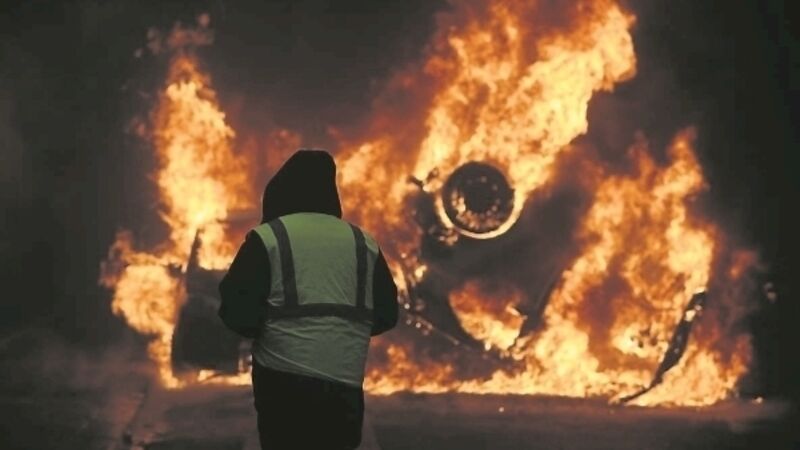Government will feel the heat if it fails to lead on climate change

It was one of the turning points of our national relationship with climate change: Mary Daniels rang Liveline because she had booked to bring her grandchildren to meet Santie in Lapland this week and there was no snow.
For years to come, students of journalism will ponder those minutes of radio, which is listened to by more than 300,000 people, as Joe Duffy struggled to find a simple narrative in which to “frame” Mary’s plight.














